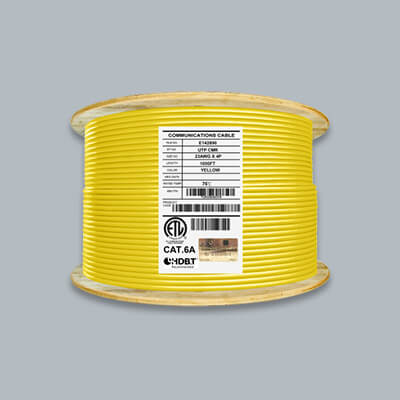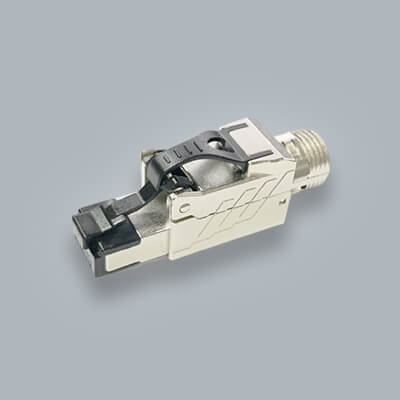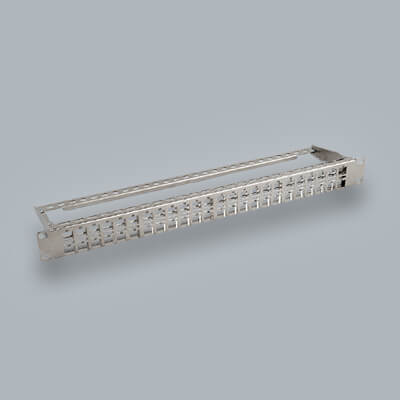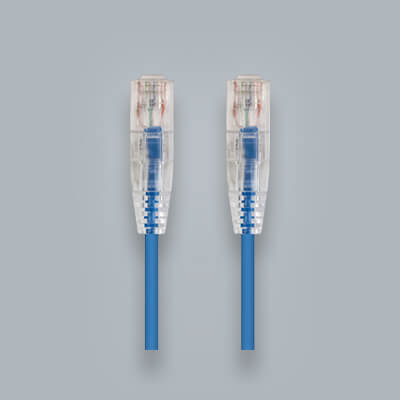Getting to know Electric Conductors

On this post we cover the topic of electrical conductors. This covers most of the cable and wire you will use in your various installations. With all the different types of cables out there, the wire you are using is most likely manufactured with copper. Before we jump into the importance of copper let’s get into what an electric conductor is. An electric conductor is material that transports electrical charges from one point to another. The current is created by the movement of negatively charged electronics and positively charged holes with positive or negative ions. For an electric conductor to work at its greatest the most suitable property for this is copper. Coppers own properties and cost has made it the overall best choice for creating your networking cable and wire. There are also other electric conductors such as copper covered steel, high strength copper alloys and aluminum. If you’re looking to get flashy, silver and gold are actually other conductors you can use but because of their high costs it just does not make sense to create bulk quantities of wire with them. So let’s get into each of these different type of conductors.
Copper
Copper is the industry standard material used to create cable today and its overall performance sets the standards which other materials are compared. Copper is great because it has 100% conductivity which means it does the best job of transporting electrical currents in single to multiple different directions while other types of material usually fall in a range that is less than copper. Reliability is key when you are choosing your bulk network cable and that is why we highly recommend that when you are purchasing cable it is 100% bare copper.
Copper Covered Conductor
Copper covered conductor is also known as copper clad steel and it includes the conductivity of steel copper. You will find this material in majority of aerial or drop wires.
High Strength
High strength conductor might sound good but it is a mixture of copper and other metals to improve on copper alloy properties and other characteristics of copper. You might use this if you are looking to decrease weight or increase strength. These might be found in aerospace and other computer applications but its conductivity rating comes in around 85%.
Aluminum
The other type of material we want to talk about is aluminum. This property has good electrical and thermal conductivity and is also resistant to oxidation which protects itself from possibly rusting. It is much lighter in weight compared to copper but its performance just doesn’t come close. All aluminum conductors have 40% less conductivity than copper bringing it around 60%. This is a huge difference when all things are considered in the networking field. Applications are very sensitive when it comes to connections and if the conductor in your cable is already at 40% less conductor rating it is going to be more difficult to get the overall project success you are looking for.
Which is Best Conductor for Ethernet Cable?
When it comes to data communication cables copper is the material of choice. With its high performance, good ductility, solderability and corrosion resistance this material is the key to great cable and wire. With all things said we want you to keep this in mind the next time you go to get some category cable. One hundred percent copper is the best material for cable and we advise you to stay away from (CCA) copper clad aluminum and other types of cables that look to cut down on costs by sacrificing quality. This cable will not perform at longer distances and even though the price points look tempting you don't always know what you are getting with this conductor. This is imperative if you are in the process of a professional installation. You want cable that will perform to specs and adhere to building codes. So the next time you are looking for products in various fields from data, telecommunications and aerospace be sure to look into the types of materials these products are using and be sure to put quality first!
Have you had any experiences with any of these conductors? Feel free to comment below and share your stories with us.





